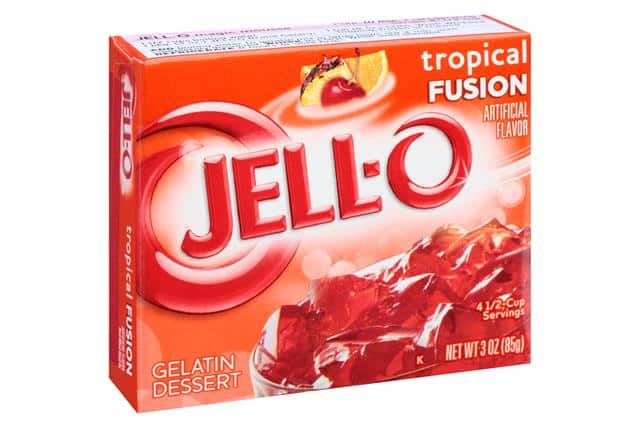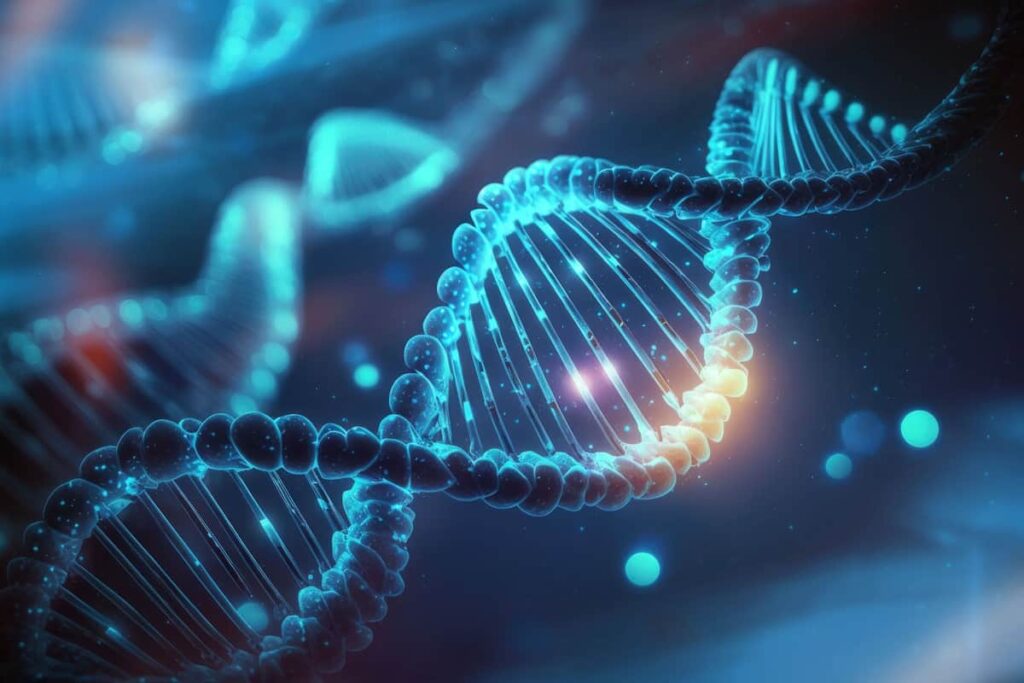5 Synthetic Biology Startups Making ‘Fake’ Food
Table of contents

About 150 million steers, pigs and sheep were slaughtered in the United States in 2016. About 8.5 billion chickens are roasted, fried and fricasseed each year, not to mention 100 billion eggs consumed. And Americans drink about 20 gallons of milk per year. In other words, our diets still rely heavily on food products from animals, despite the best efforts of vegetarians and cardiologists. Let’s face it: Cheese made from almonds or burgers from black beans and quinoa just doesn’t cut the mustard for most omnivores. Some of us can afford to buy organic and pretend the free-range bird on the dinner table was living a life of rainbows and butterflies before we slathered it with BBQ sauce and threw it on the grill. When you consider things like the fact pigs are at least as smart as dogs and chimpanzees, eating can present some ethical dilemmas. Synthetic biology startups are brewing plant-based foods that imitate the real thing, taking moral ambiguity off the dinner table.
Last month, we introduced you to seven startups growing real meat in the lab from animal cells. These so-called “clean meat” companies have yet to commercialize their products, as they continue to struggle with cost and scalability. A recent feature in AgFunder News predicted these companies would need upwards of $360 million of additional investments and require at least four more years of development before hitting the market. Meanwhile, plant-based meat alternatives, including “burgers” that bleed, are already being served in restaurants or sitting on store shelves from Whole Foods to Safeway.
Many of the products come from biotechnology startups that work in synthetic biology. It’s a broad topic, but for our purposes here, we’ll limit the discussion to those companies that are manufacturing microorganisms through genetic engineering, a process that we have argued is really a biological version of nanotechnology. In all but one of the six food biotech startups below, scientists have engineered organisms to produce milk, egg whites or even gelatin that is chemically identical to the real thing through yeast-based fermentation. It’s sort of beer brewing for food. If you eat cheese, it’s likely you’ve already tasted the future of food: Since the 1990s, companies have used a genetically modified (GM) bacteria to produce an enzyme responsible for the coagulation of cheese. We produce about 90 percent of U.S. cheese this way.
Now let’s digest some of the innovative ways synthetic biology startups are disrupting the human food web.
Where’s the Beef?
Founded in 2011, Redwood City, California-based Impossible Foods is one of the heavyweights of the new synthetic biology food industry. The startup has raised a staggering $273.5 million, including $75 million this past summer. Big fans include Bill Gates and one of the top tech VC firms, Khosla Ventures, among others. The secret of turning plant proteins into a “meaty” burger that bleeds? An ingredient called heme, a naturally occurring, iron-containing molecule that is present in every single plant and animal.
Heme is responsible for the characteristic taste and aroma of meat. The scientists at Impossible Foods cooked up a genetically modified yeast to produce heme. While the company says the ingredient is “generally recognized as safe” (GRAS) by the FDA, the government said more recently that it was not totally cool with that assessment. That hasn’t slowed down the company, with dozens of upscale restaurants and a handful of burger chains serving up Impossible Burgers around the country. As for the taste? We’ll throw that over to the lads across the pond to tell us how these burgers compare to the real thing.
Update 08/13/2020: Impossible Foods has raised $200 million in fresh funding at a post-money valuation of $4 billion to work on new products like pork, steak and milk, expand its internationalization efforts, and build out its manufacturing capacity. This brings the company’s total funding to $1.4 billion to date.


Beyond Meat eschews the fermentation process, instead applying heating, cooling, and pressure to align plant-proteins (mostly pea) in the same fibrous structures that are in plant proteins for its fake meat and chicken. They’ve done it so well that you can buy their products in the meat section of many major grocery chains. You can even order one of their burgers in a TGI Fridays soon making this the biggest restaurant chain to adopt this burger yet.
Milk Does the Body Good
Founded in 2014, Cork, Ireland-based Perfect Day Foods has taken in about $2 million to brew milk and other dairy products using a specially designed yeast the company has dubbed Buttercup. The proteins produced in this case include casein and whey. The recipe is still being tweaked but includes vitamins, minerals, plant-based sugars and fats to produce sweetness and richness. The synthetic biology startup has yet to release a product.

Originally called Muufri, the company changed its name last year to Perfect Day after a Lou Reed song that reportedly made cows happier and helped them produce more milk.
Update 01/21/2019 – Perfect Day has now taken in a total of $40 million and is selling its proteins to large food manufacturers to turn into mayonnaise, protein bars, baby formula, and cookies.
Break a Few Eggs

Sweet Idea

How do You Spell JELL-O?


The synthetic biology startup hopes its breakthrough product will replace conventional gelatin in everything from gummy bears to cosmetics.
Update 10/17/2018: Geltor has raised an $18.2 million Series A funding round from GELITA, the leading global supplier of collagen proteins, and Archer Daniels Midland Company. This brings the company’s total funding to $23 million.
Conclusion
The emergence of dedicated funds and accelerators for synthetic biology food companies, such as IndieBio and another one called New Crop Capital, suggest that we are just sitting down to dinner when it comes to creating marketable fake meat and faux milk. Over the past five years, funding to synthetic biology startups has more than tripled, according to data research firm CB Insights. Deals exceeded $4 billion over that five-year period, though that includes not just food but healthcare, biofuels, and other applications.

The success of a company like Impossible Foods may make it particularly appetizing for an acquisition, though the company turned down a multi-million-dollar offer from Google a couple of years ago, holding out hope that it may one day go public. It’s about time we had a decent synthetic biology stock for retail investors. The seven synthetic biology stocks we highlighted before have performed horribly, and we have an article teed up to talk about that so stay tuned.
Sign up to our newsletter to get more of our great research delivered straight to your inbox!
Nanalyze Weekly includes useful insights written by our team of underpaid MBAs, research on new disruptive technology stocks flying under the radar, and summaries of our recent research. Always 100% free.















Thanks so very much for this interesting article, as well as the previous article on clean meat companies. This is surely the future!
Matt Ball
Senior Media Relations Specialist
The Good Food Institute
The “Impossible Burger” IS NOT Gluten Free. The video states it is made out of Wheat protein. You should correct the comparison chart of the impossible burger vs “real” beef.